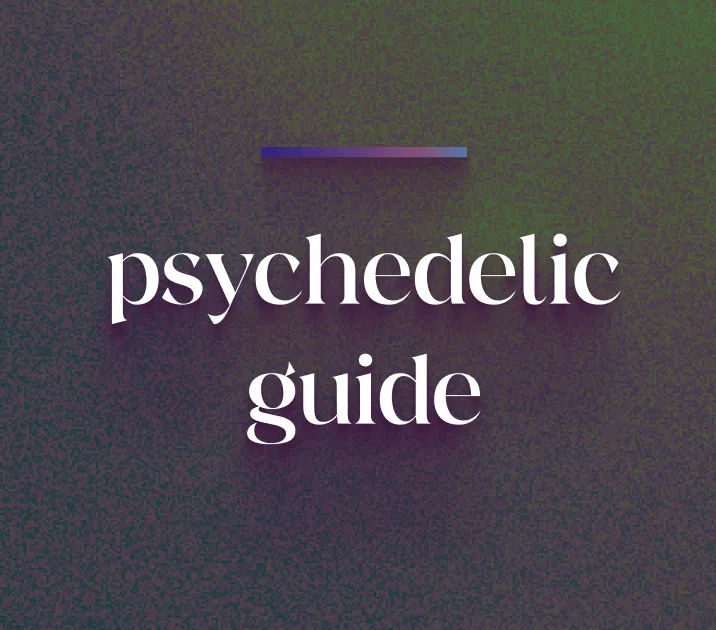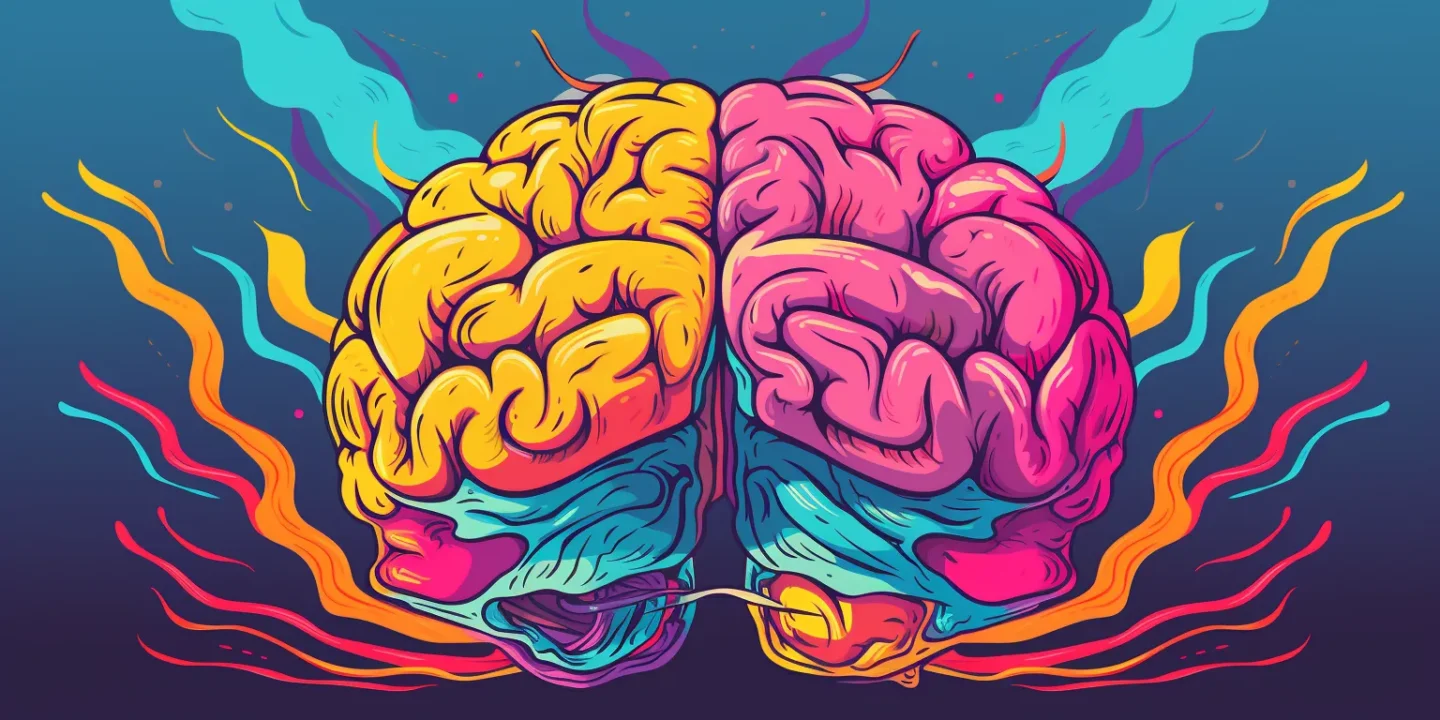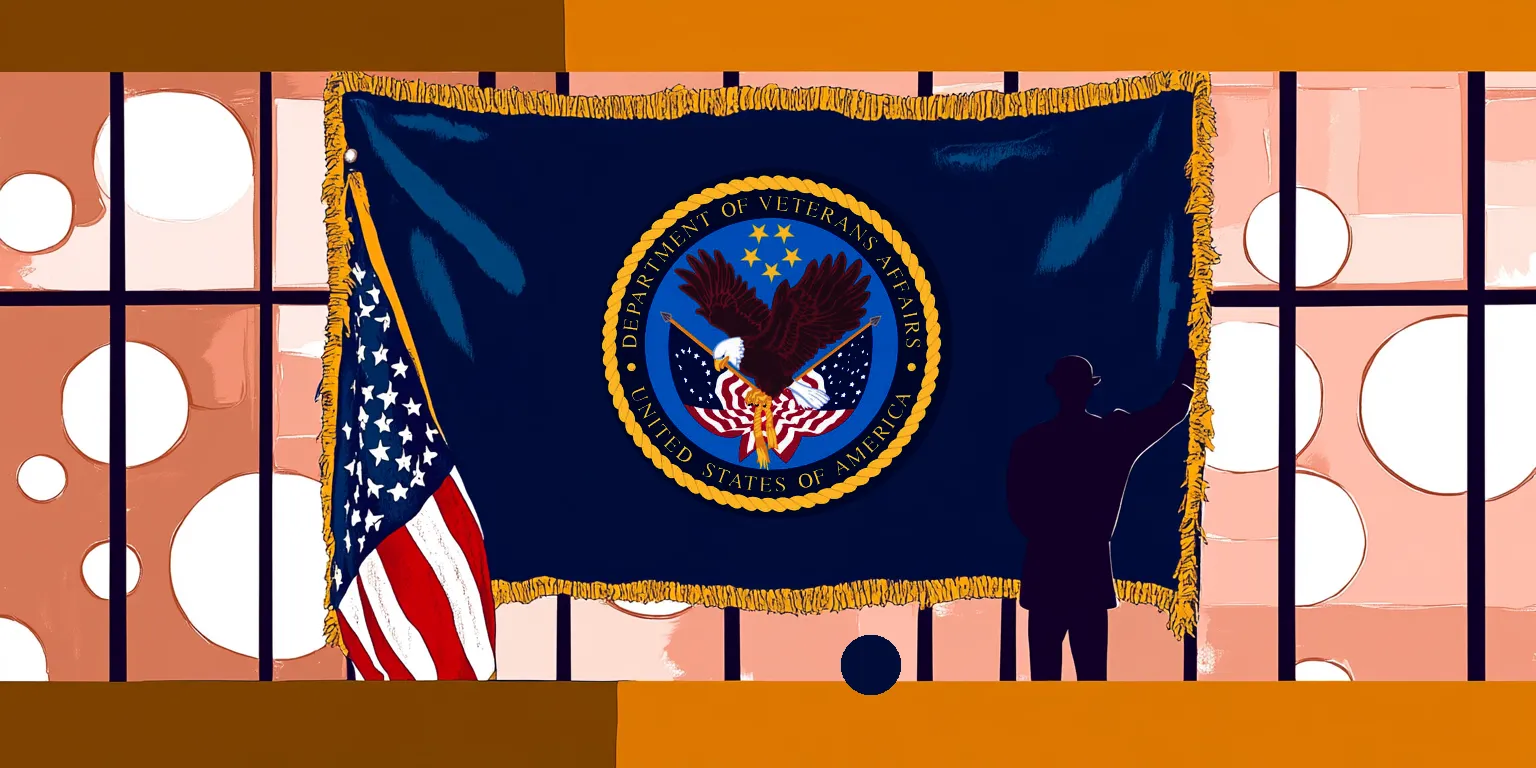In this week’s Psychedelic News Roundup, we detail massive changes to Germany’s stance on cannabis, several new psilocybin studies, and how Denver, Colorado, plans to train first responders to deal with adverse psychedelic events (aka bad trips).
Germany Sets a New Course with Nationwide Marijuana Legalization

As detailed by Marijuana Moment, Germany has officially embarked on a historic shift in drug policy with the signing of a bill to legalize marijuana nationwide, a move set to take effect on Monday. Bundesrat President Manuela Schwesig, stepping in for Federal President Frank-Walter Steinmeier, signed the legislation, marking the final step toward its enactment. This follows the Bundesrat’s decision to bypass a mediation committee that could have delayed the law’s implementation by six months, showcasing a strong commitment to reform.
Starting April 1, the new law permits adults to possess up to 25 grams of cannabis for personal use and cultivate up to three plants. Additionally, from July 1, adults will have the option to join “social clubs” where they can purchase cannabis within specified limits, introducing a regulated framework aimed at curbing illegal street sales and ensuring public safety. These clubs, restricted from operating near schools or playgrounds, represent a novel approach to cannabis consumption in Germany, emphasizing controlled access and community health.
The legislation mandates an analysis of its impact on youth safety within 18 months, reflecting a cautious approach to this significant policy shift. Moreover, officials are planning a second measure to pilot commercial cannabis sales in select cities, pending a review by the European Commission. This dual strategy underscores Germany’s methodical yet progressive stance on cannabis legalization, balancing public health concerns with the need to address the inefficiencies of prohibition. A major nation like Germany enacting such reforms could have ripple effects on international drug policy and the broader cannabis legalization movement.(1)
Keep Up with Uncensored Psychedelic Trends
Join our newsletter at Psychedelics Uncensored.
We respect and protect your privacy. By subscribing your info will be subject to our privacy policy . Unsubscribe easily at any time
Denver Launches Psychedelic Training Program for First Responders

High Times reports on a new program the city of Denver has initiated for its first responders. The initiative focuses on handling psychedelic crises in collaboration with the Multidisciplinary Association for Psychedelic Studies (MAPS). This initiative, aimed at enhancing public health and safety, comes in the wake of Colorado’s progressive steps towards the decriminalization and medical legalization of psilocybin and other specific psychedelics. The training, developed by MAPS and commissioned by the Denver Psilocybin Mushroom Policy Review Panel, seeks to prepare emergency personnel with comprehensive knowledge of the effects, legal context, and crisis management techniques related to psychedelic substances.
The curriculum for the Psychedelic Crisis Assessment and Intervention training encompasses a broad range of topics, including the history and effects of psilocybin, legal implications of decriminalization, and best practices for crisis intervention. This educational effort reflects Denver’s commitment to integrating psychedelic policies into its public safety strategies, marking the city as a leader in the responsible management of natural medicines. The training is designed to equip first responders with the skills necessary to de-escalate psychedelic-related emergencies, ensuring both the safety of the individuals involved and the responders.
With the backing of Denver’s leadership, the program aims to set a precedent for other cities, demonstrating the importance of informed and compassionate responses to a psychedelic crisis. This initiative not only prioritizes the safety of Denver’s residents but also underscores the city’s role in shaping the future of psychedelic medicine and harm reduction.(2)
Psilocybin’s Side Effects: Brief and Manageable, New Study Finds

Drug Topics explores a recent meta-analysis presented at the 2024 American Pharmacists Association Annual Meeting & Exposition. The new study has shed light on the side effects of psilocybin, revealing that they are generally tolerable and tend to resolve within two days. This analysis, conducted by researchers from the University of Georgia College of Pharmacy, adds to understanding the safety profile of psilocybin., a classic psychedelic known for its potential in treating various psychiatric conditions such as depression, anxiety, and substance use disorders. Despite the growing body of research on psilocybin’s therapeutic benefits, this study aims to address a notable gap in systematic reviews focusing on its safety.
The meta-analysis incorporated five studies, spanning from January 2012 to December 2022, which compared psilocybin’s effects against placebos or other treatments like niacin or escitalopram (a common antidepressant) in managing depression and anxiety. These studies categorized psilocybin doses into low (1-3 mg), moderate (10-20 mg), and high (20-30 mg) groups. The findings highlighted nausea, anxiety, and dizziness as the most statistically significant side effects, with a non-statistical increase in the risk for headaches, paranoia, transient thought disorder, and elevated blood pressure also noted. Importantly, none of these side effects were deemed serious, and the majority were short-lived, lasting between 24 to 48 hours.
This research underscores the manageable nature of psilocybin’s side effects, contributing valuable insights into its tolerability as a therapeutic option. However, the authors emphasize the need for further studies to explore potential dose-related responses and strategies for managing side effects.(3)
Keep Up with Psychedelic Trends
Get uncensored psychedelic news, events, and updates. Join Psychedelics Uncensored!
We respect and protect your privacy. By subscribing your info will be subject to our privacy policy . Unsubscribe easily at any time
New Study Explores Expectancy Effects in Psilocybin Therapy for Depression

PsyPost details a recent study delving into the role of patient expectations in psilocybin therapy versus escitalopram treatment has revealed intriguing findings, challenging common assumptions about the influence of expectancy on therapeutic outcomes. Conducted by researchers from the University of Georgia College of Pharmacy and published in Psychological Medicine, the study examined how patient expectations about psychedelics could alter study results and efficacy. The study looked at the potential impact of expectancy effects — where a patient’s anticipation of treatment outcomes influences their experience — an important consideration given the challenges of maintaining blinding in psychedelic trials due to the substances’ noticeable psychoactive effects.
The research analyzed data from a Phase II, double-blind, randomized trial involving individuals with moderate-to-severe major depressive disorder, comparing responses to psilocybin and escitalopram treatments. Surprisingly, the study found no significant link between patients’ expectations and their responses to psilocybin therapy. However, it was noted that individuals with higher suggestibility benefited more from the treatment. This indicates that while expectancy may influence escitalopram outcomes, psilocybin therapy’s effectiveness might be less dependent on patients’ pre-treatment beliefs, potentially due to the unique nature of the psychedelic experience.
These findings contribute to the ongoing discussion about the methodological challenges of psychedelic research, particularly the issue of blinding in clinical trials. As the field continues to evolve, addressing these challenges will be crucial for accurately assessing the benefits and risks of psychedelic-assisted therapies and ensuring that patients receive the most effective care possible.(4)
The legislation also highlights Massachusetts’ ongoing efforts to support its veterans through enhanced healthcare and mental health benefits, reflecting a commitment to those who have served the nation.
Intranasal 5-MeO-DMT Shows Promise in Treating Treatment-Resistant Depression

atai Life Sciences has announced initial results from a Phase IIa open-label study of BPL-003 for treating Treatment-Resistant Depression (TRD). Beckley Psytech’s study explored the efficacy of BPL-003, a novel synthetic formulation of 5-MeO-DMT administered intranasally in patients with moderate-to-severe TRD. The study’s findings, which could potentially impact approximately 100 million people worldwide suffering from TRD, revealed that a single 10mg dose of BPL-003 was well-tolerated and led to a rapid and durable antidepressant effect.
Over a 12-week follow-up period, initial analysis demonstrated a 55% clinical response rate the day after dosing, maintained through weeks 4 and 12. 55% of patients were in remission by week 4, with 45% remaining in remission at week 12, marking the longest known follow-up of depression outcomes in a clinical study of 5-MeO-DMT.
BPL-003 exhibited a good safety profile, with adverse events being predominantly mild or moderate, and no serious adverse events were reported. The most common adverse events included nasal discomfort, headaches, nausea, and vomiting. Notably, the acute effects of BPL-003 resolved on average in less than two hours, suggesting the potential for a shorter in-clinic treatment time compared to other psychedelic treatments currently under development.
The positive data from this Phase IIa study are seen as highly encouraging by atai Life Sciences, as the company anticipates the results of a larger Phase IIb study expected later this year, with top-line results expected in the second half of 2024. (5)
Note: In January 2024, atai Life Sciences made a strategic investment in Beckley Psytech, resulting in a 35.5% ownership stake.
Sources

1. Jaeger, K. (2024, March 27). Germany’s Marijuana Legalization Bill Is Officially Signed Into Law And Will Take Effect On Monday. Marijuana Moment. https://www.marijuanamoment.net/germanys-marijuana-legalization-bill-is-officially-signed-into-law-and-will-take-effect-on-monday/
2. Edward, T. (2024, March 15). Denver Begins Psychedelic Training For First Responders. High Times. https://hightimes.com/news/denver-begins-psychedelic-training-for-first-responders/
3. Psilocybin Side Effects were found to be Tolerable, and they were resolved within 2 days. (2024, March 22). Drug Topics. https://www.drugtopics.com/view/psilocybin-side-effects-found-to-be-tolerable-resolve-within-2-days
4. Dolan, E. W. (2024, March 18). Promising results found as scientists probe a major hurdle in psychedelic therapy research. PsyPost – Psychology News. https://www.psypost.org/promising-results-found-as-scientists-probe-a-major-hurdle-in-psychedelic-therapy-research/
5. AG, A. L. S. (2024, March 27). atai Life Sciences Announces Positive Initial Results from Beckley Psytech’s Phase 2a Open-Label Study of BPL-003 (Intranasal 5-MeO-DMT) in Treatment-Resistant Depression. GlobeNewswire News Room. https://www.globenewswire.com/news-release/2024/03/27/2853041/0/en/atai-Life-Sciences-Announces-Positive-Initial-Results-from-Beckley-Psytech-s-Phase-2a-Open-Label-Study-of-BPL-003-Intranasal-5-MeO-DMT-in-Treatment-Resistant-Depression.html
This material is not intended as a replacement or substitute for any legal or medical advice. Always consult a medical professional about your health needs. Psychedelics are widely illegal in the United States, and readers should always be informed about local, state, and federal regulations regarding psychedelics or other drugs.

 David Connell
David Connell






 Ross Dillon
Ross Dillon 
